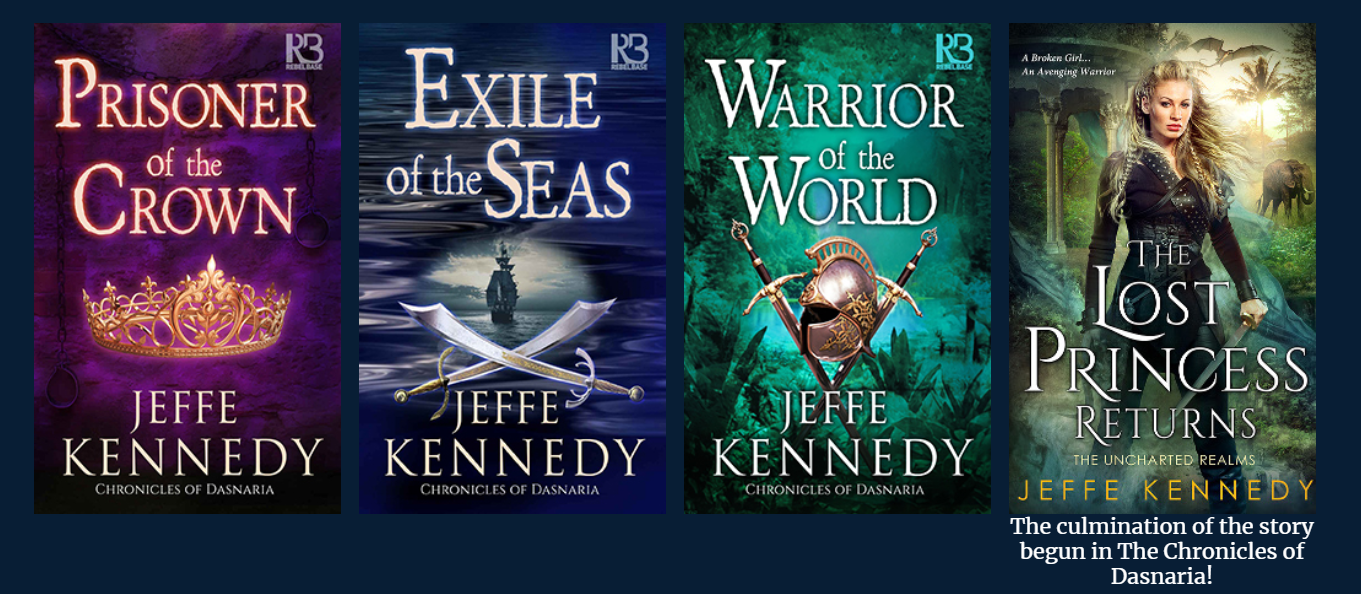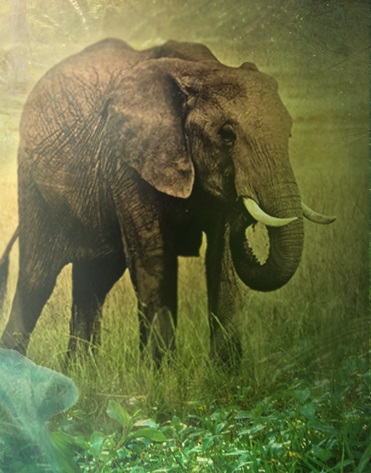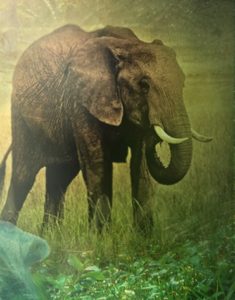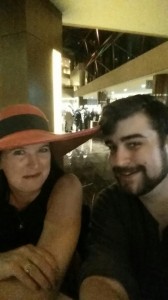

RITA ® Award-Winning Author of Fantasy Romance





Yes, there’s an elephant on the cover! Tune into Frolic on Friday to see the full cover of THE LOST PRINCESS RETURNS. It gives me chills, I love it so much.
Meanwhile, the book – it’s become a short novel – is available for preorder. It releases June 29, 2020, and the preorder price is $3.99 (on my website and Amazon). Release day the price goes up to $4.99. Yes, there will be a print version! It’s just not available for preorder.
This book follows THE FATE OF THE TALA, but also winds up the story told in the CHRONICLES OF DASNARIA.
More than two decades have gone by since Imperial Princess Jenna, broken in heart and body, fled her brutal marriage—and the land of her birth. She’s since become Ivariel: warrior, priestess of Danu, trainer of elephants, wife and mother. Wiser, stronger, happier, Ivariel has been content to live in her new country, to rest her battered self, and to recover from the trauma of what happened to her when she was barely more than a girl.
But magic has returned to the world—abruptly and with frightening force—and Ivariel takes that profound change as a sign that it’s time to keep a promise she made to the sisters she left behind. Ivariel must leave the safety she’s found and return to face the horrors she fled.
As Ivariel emerges from hiding, she discovers that her vicious brother is now Emperor of Dasnaria, and her much-hated mother, the Dowager Empress Hulda, is aiding him in his reign of terror. Worse, it seems that Hulda’s resurrection of the tainted god Deyrr came about as a direct result of Jenna’s flight long ago.
It’s up to Ivariel—and the girl she stopped being long ago—to defeat the people who cruelly betrayed her, and to finally liberate her sisters. Determined to cleanse her homeland of the evil that nearly destroyed her, Ivariel at last returns to face the past.
But this time, she’ll do it on her own terms.

 Here’s my agent, Connor Goldsmith of Fuse Literary, and I at World Fantasy Con. In the bar, of course. He tweeted this as “the beautiful people” and, as this was the very beginning of the conference, that was pretty accurate.
Here’s my agent, Connor Goldsmith of Fuse Literary, and I at World Fantasy Con. In the bar, of course. He tweeted this as “the beautiful people” and, as this was the very beginning of the conference, that was pretty accurate.
LOL
I recently ran across a post on an Indie Author loop where a writer I didn’t know, in a piece of advice on an unrelated topic, offhandedly mentioned that she changed the pen name on her books five times until she found one that sold well. That absolutely fascinated me. First, it never occurred to me to think of my author name as a sales tool. Then the fact that she had such a totally different frame of mind, a business-minded detached approach to the question, that it took me aback.
I’m very attached to my name. Arguably it’s my brand now, but even during my brief flirtation with a pseudonym, I didn’t like it not being ME.
I think this is a way that Indie authors have an advantage over authors like me. I tend to get bound up with my books being my art and an extension of myself. She seemed to have a greater level of detachment where it didn’t matter which name she published a story under, except that it be one that sold well. Finally, she also exhibited what I consider to be an enviable quality of mixing up what she’s doing and trying again.
A while back – I was going to say a couple of year ago, but it was omg 2011 – I wrote a blog post about The Guy in the Pink Suit. It’s still one of my favorite posts and something I refer to fairly frequently. It probably worth reading, but I’ll summarize so as not to max out your TLDR threshold.
The Guy in the Pink Suit trolled the sidewalk in Las Vegas for a good two hours while we ate lunch. Over and over he’d approach people, shake their hands, be charming. Sometimes they’d take pictures with him, less often they’d give him a tip. We thought he might be pimping a show because the cash intake didn’t seem to justify the effort. Regardless, I learned a great deal from him about handing rejection. Nothing dissuaded or discouraged this guy.
At least, that was my take-home message then. And it’s still an important one.
But this Indie author who changed her pen name five times to find the one that sold best made me think of him. Instead of the message being about persevering in the face of rejection, however, I realized there’s also value in mixing things up, trying a lot of different approaches until you find one that works.
A writer friend of mine recently told me about a Twitter conversation she saw between two other writers. Those two bemoaned that they were slow writers, comparing themselves to elephants with enormously long gestation periods. (We writers love our analogies.) In comparison, they described faster writers as sea turtles – who lay lots of eggs and abandon them on the beach in the hopes that few might make it to the water and survive.
Yeah, it irritated my friend, the fast writer. Understandably so. Though that’s not my point here.
The slow writers were unhappy, saying that their slow production rate might condemn them to extinction while the sea turtles presumably take over the world. Of course, the analogy breaks down immediately at this point, as anyone with a passing understanding of biology will point out that elephants and sea turtles don’t occupy the same ecological niches. There’s room for both in the world. But, more important, I think what these slow-gestation writers see as careless abandonment of huge batches of books is actually a willingness to diversify. Yes, being a faster writer lets us produce more books. (I’ve already meditated on the perception that faster means lower quality, so I won’t go into that here.) Producing books faster also lets a writer try more different things. New ideas, upside-down tropes, maybe some riskier heroes and heroines.
Those of you who paid attention in biology will recall that more variety – heterogeneity – creates stronger individuals who are more likely to find a niche they can survive in. The more specialized an organism, the narrower its ecological niche, the more vulnerable it is. Thus we lose Spotted Owls when we lose old growth timber. But the species that are flexibly, that can move into many changing niches – like the coyote – are the ones that thrive through change.
Flexibility means survival. Not a bad quality in a publishing market that sends authors and genres into extinction faster than global climate change ever could.